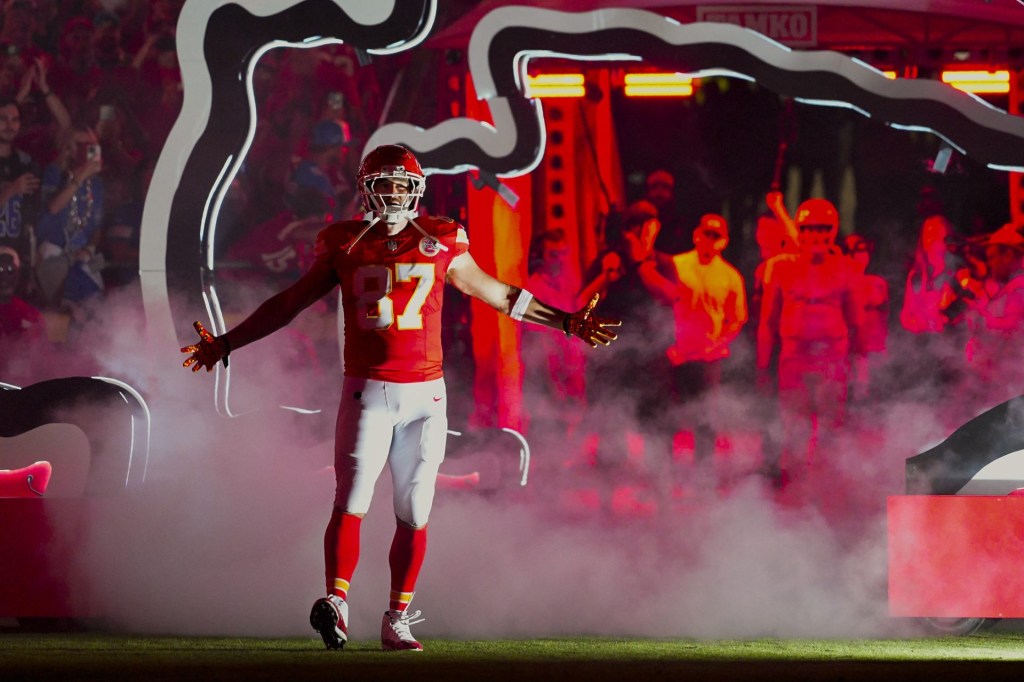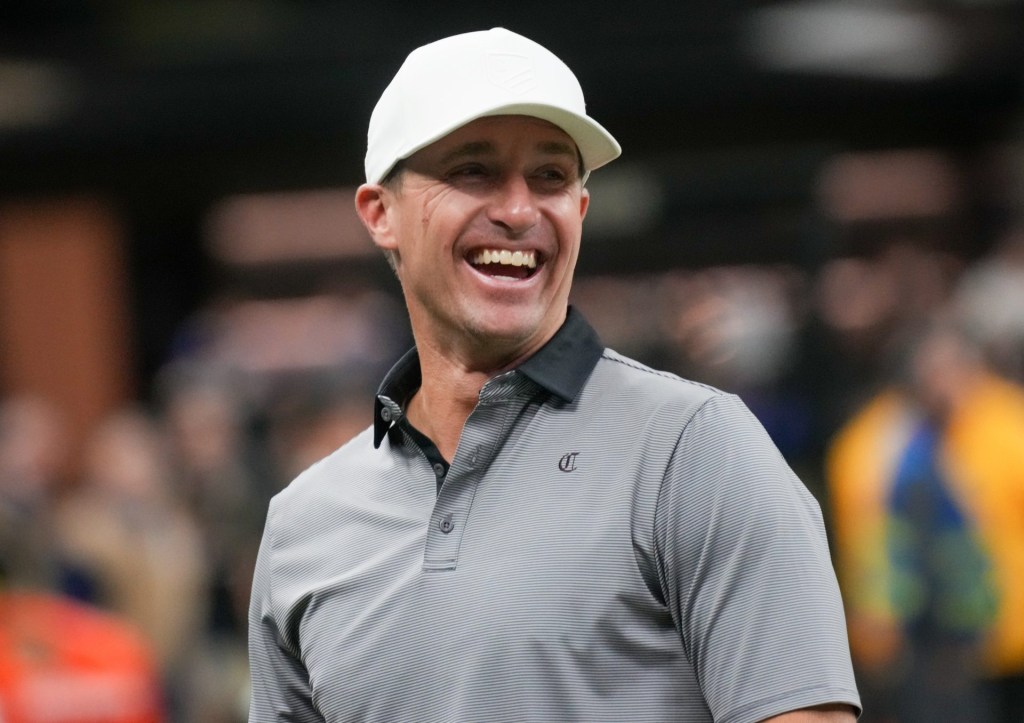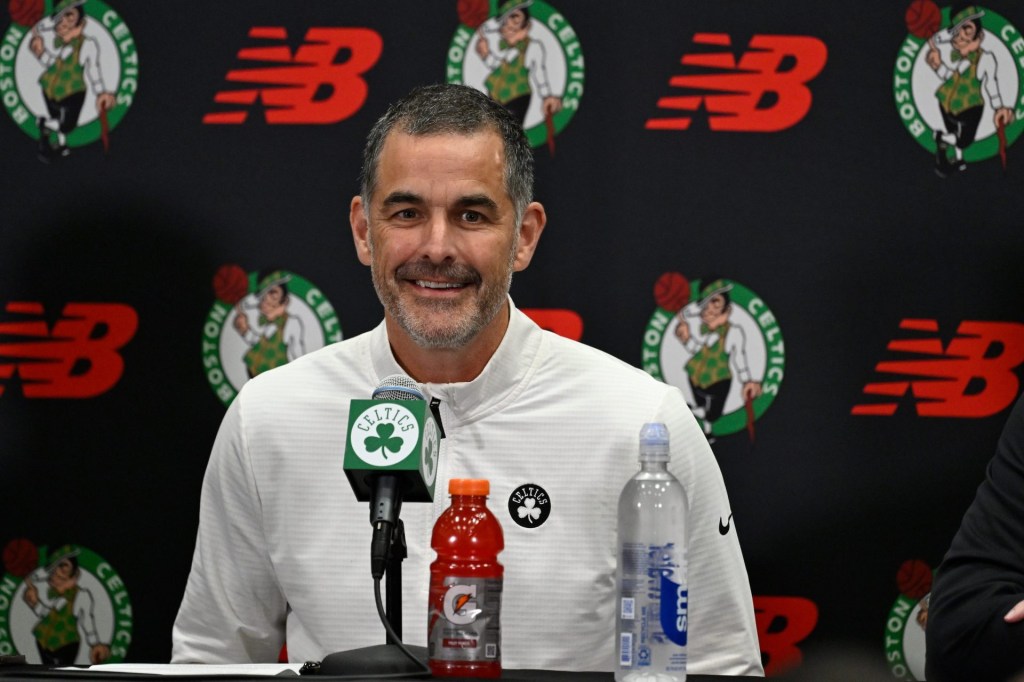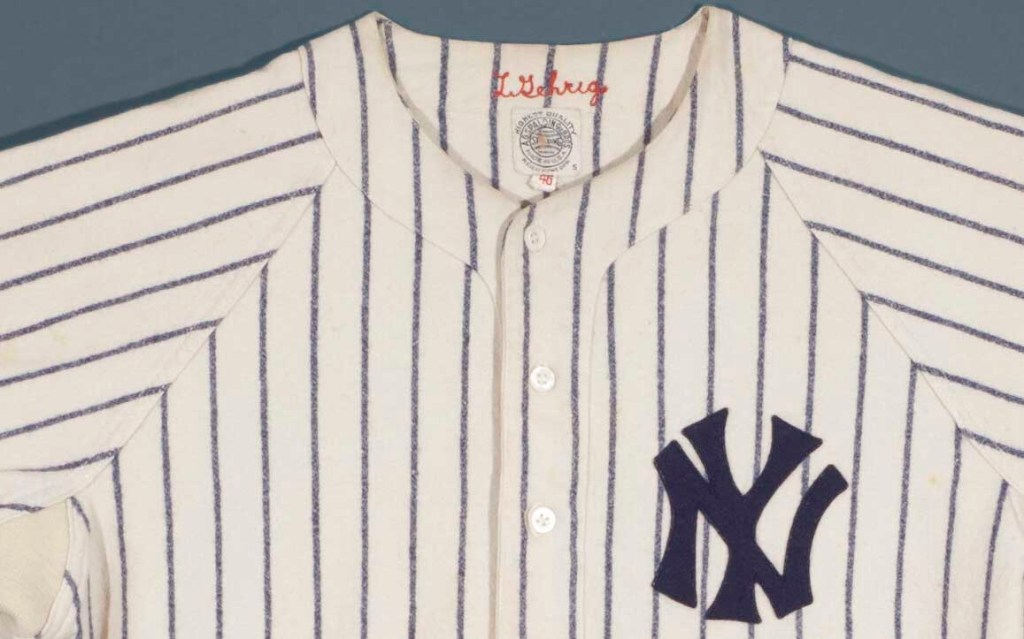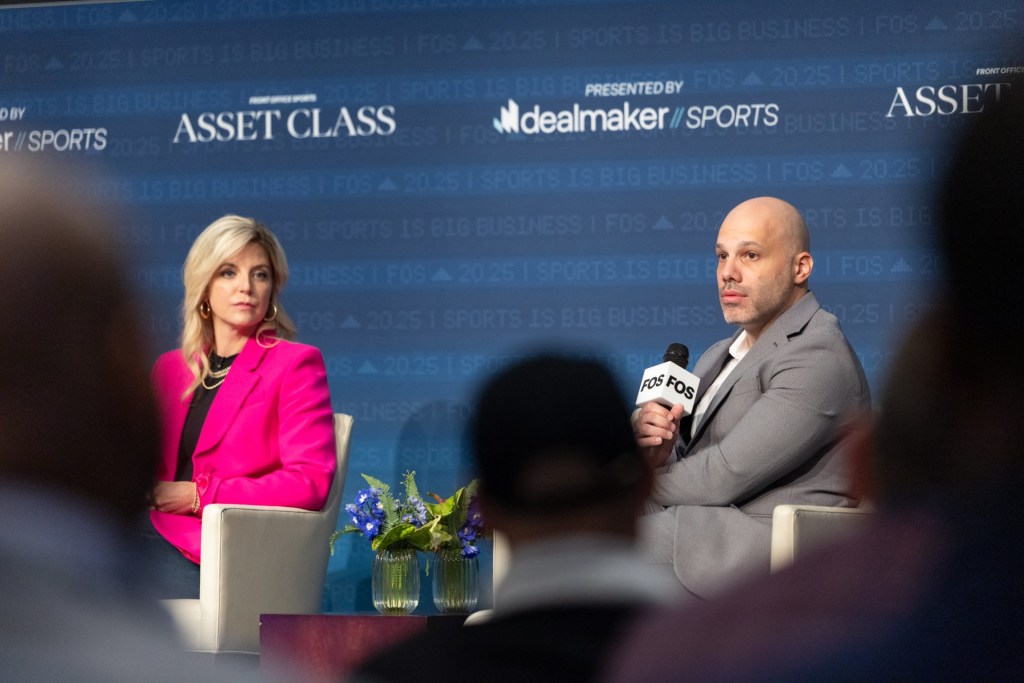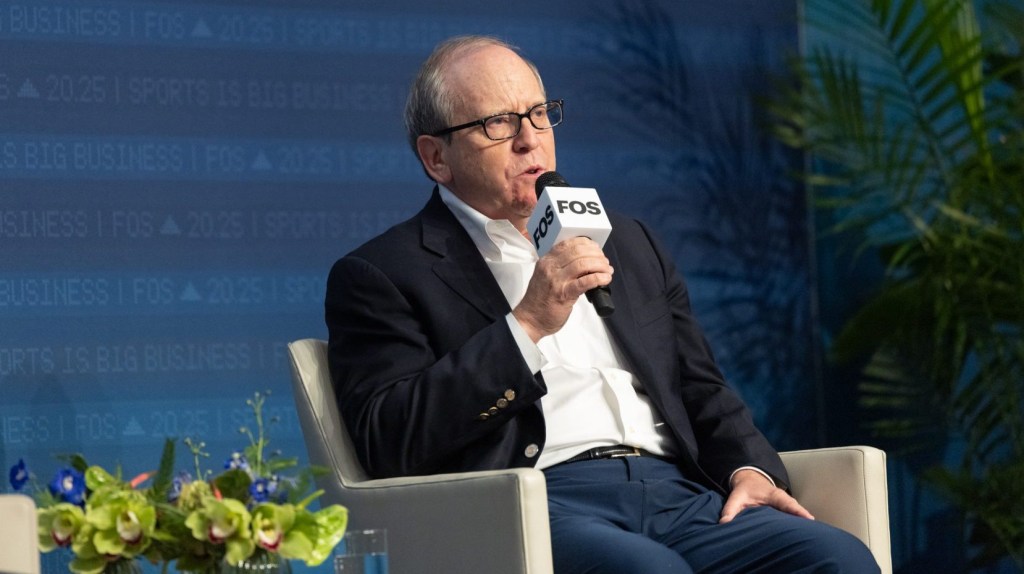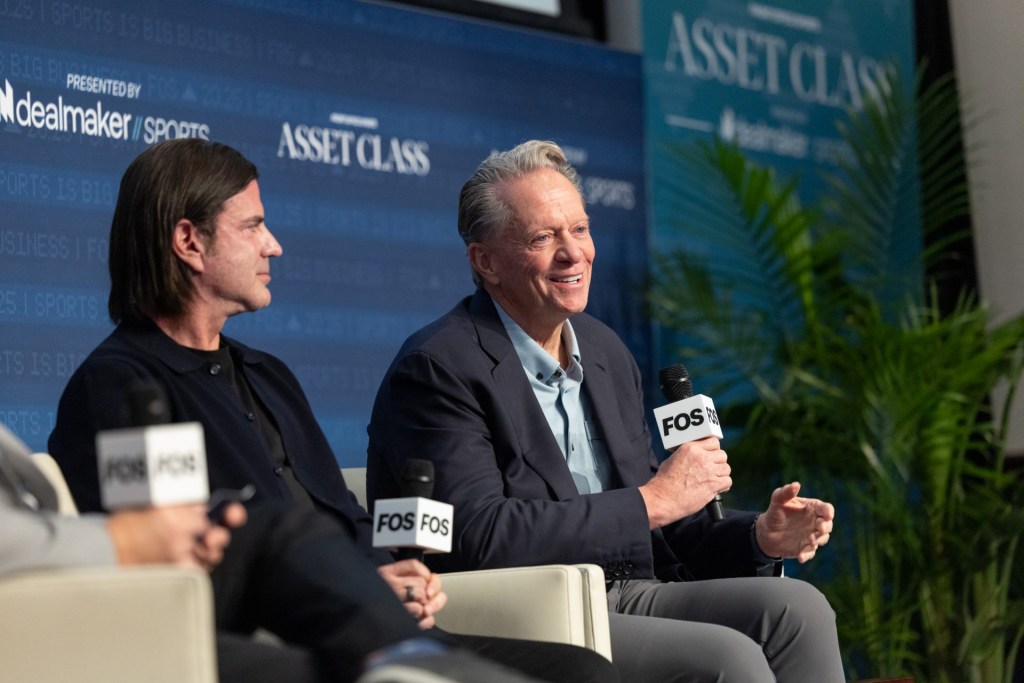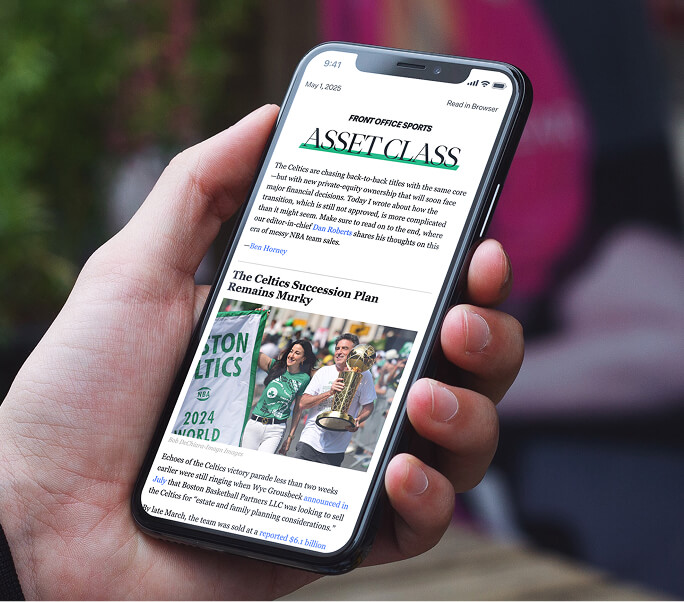Skechers’ surprise decision to go private after 25 years as a public company—which marks the largest footwear M&A deal ever—comes not from weakness, but from strategic necessity, reflecting deeper tensions affecting global retail in an uncertain economic environment.
The agreement calls for private-equity firm 3G Capital to pay $63 per share to acquire Skechers, according to a Monday statement, equivalent to a price tag of about $9.4 billion. The transaction carries a total enterprise value of $11.33 billion when including debt being assumed by the buyer, according to data from Dealogic.
The Skechers deal is many times larger than some of the other biggest footwear sales. For comparison, in 2018 existing shareholders of Puma acquired more than 70% of the company through a spin-off by its previous owner, French luxury goods company Kering SA, in an agreement worth about $5.9 billion, according to Dealogic. In 2006, Reebok was purchased by Adidas in an agreement valued at roughly $4.3 billion, per Dealogic.
In Skechers, 3G picks up a business that has been pushing to expand its athlete roster in recent years. It boasts an impressive roster of athletes that rivals the likes of Nike, Adidas, and Under Armour, including NBA stars like Joel Embiid and Julius Randle, WNBA pros like Rickea Jackson, MLB Cy Young Award winner Clayton Kershaw, and European soccer standout Harry Kane, among others.
Legal consultant Michael Rynowecer doesn’t view the Skechers buyout as the beginning of a trend for footwear or retail mergers and acquisitions. Instead, the deal shows that Skechers has distinct strengths 3G thinks it can build on in order to make money off an exit when that time comes, he tells Front Office Sports.
“Skechers is a bit unique,” says Rynowecer, founder of BTI Consulting Group. “Their gross margins are better than a lot of other footwear brands, which suggests strong branding and good customer-facing operations. That’s not easy to replicate.”
The transaction comes about a quarter century after Skechers held its initial public offering in 1999, a deal which saw the company sell shares at $11 apiece, meaning the company is going private at a nearly 473% premium to its IPO price. The per share price represents a premium of about 30% compared to Skechers stock price over the last 15 days, Monday’s statement said.
Why Now?
The Skechers deal seemed to come out of nowhere. There were no rumors of talks with potential buyers, and the company gave little to no public indication it was on the market. Less than two weeks ago, Skechers reported first-quarter sales of $2.41 billion, up 7% from last year—although it acknowledged a 16% sales drop in China—and became the latest company to pull its full-year guidance because of uncertainty over tariff policies.
Skechers also noted that international sales represented 65% of its business in the first quarter.
“Skechers was in a pretty good position, with most of their business being international,” retail analyst Jane Hali tells FOS. “But the uncertainty about future sales and profitability made the public markets less appealing.”
The uncertainty stems from President Trump’s on again, off again tariff policies. Businesses across nearly every industry are concerned, and footwear companies are no exception. A group of more than 70 such companies, including Skechers, Nike, Puma, Adidas, and Under Armour, recently sent a letter to the president urging him to exempt footwear from his reciprocal tariffs.
“Planning long term is hard for everyone right now,” says Hali, who heads up Jane Hali & Associates. “Skechers needed a partner to feed them income and support international growth — because that’s where their business is headed.”
A UBS note published after the Skechers announcement drew similar conclusions, saying that “underlying demand” for Skechers products “remains robust,” and the “brand name is as strong as it has ever been.”
However, tariffs “likely have a pronounced negative impact” on the company’s margins and earnings per share for this fiscal year and the next, meaning Skechers will need to focus on optimizing production into the U.S. and away from countries hit hardest by tariffs, among “other cost mitigation strategies,” UBS says.
What Is 3G Capital?
The buyer, 3G Capital, isn’t a household name, even in the relatively small world of private equity. The firm, founded by Brazilian billionaires, keeps a very low profile. Its website doesn’t include a list of investments.
“They clearly don’t have a super public-minded view like a lot of buyout shops,” Rynowecer says. “They want to buy companies, make money, and move on.”
The 85-year-old CEO of Skechers, Robert Greenberg, who has held that title since 1993, will pocket more than $1 billion through the deal, the Wall Street Journal reported. He and the rest of the existing management team will remain in their roles.
Greenberg praised 3G as the right owner for Skechers in Monday’s statement, citing the firm’s “remarkable history of facilitating the success of some of the most iconic global consumer businesses.”
In addition to Skechers, 3G’s current portfolio includes Latin American e-commerce company Merama and an Italian water polo club called Recco Waterpolo, according to Pitchbook. Past investments have included Kraft Heinz and Aerial BioPharma.
“3G isn’t really a serial dealmaker,” Rynowecer says. “They are more opportunistic dealmakers.”
3G is known for being a cutthroat private equity player. When it led InBev’s hostile takeover of Anheuser-Busch 2008, the firm quickly cut 1,400 jobs from Anheuser-Busch and brought in Brazilian executives from InBev, including Carlos Brito as CEO. He introduced to the company the concept of “zero-based budgeting,” a strategy under which every expense must be newly justified every year, not just new ones, and the goal is to bring it lower than the year prior.
Will Other Sports-Related Retailers Follow Suit?
The unforeseen Skechers deal allows the company’s shareholders to capitalize on their holdings in a turbulent economic period, which raises the question: will other sportswear companies be next?
Competitors’ share prices are struggling in the existing environment. Though the S&P 500 index is up over the 12 months, share prices for Nike, Adidas, and Under Armour are all down.
None of those companies have fundamentals similar enough to Skechers to make them the next obvious buyout candidate. “There might be one or two other companies in sports or footwear that have these dynamics, but you’d have to be pretty diligent and persistent to find them,” Rynowecer says.
Skechers declined to comment further than what was included in the press release, and 3G Capital did not immediately respond to a request for comment.
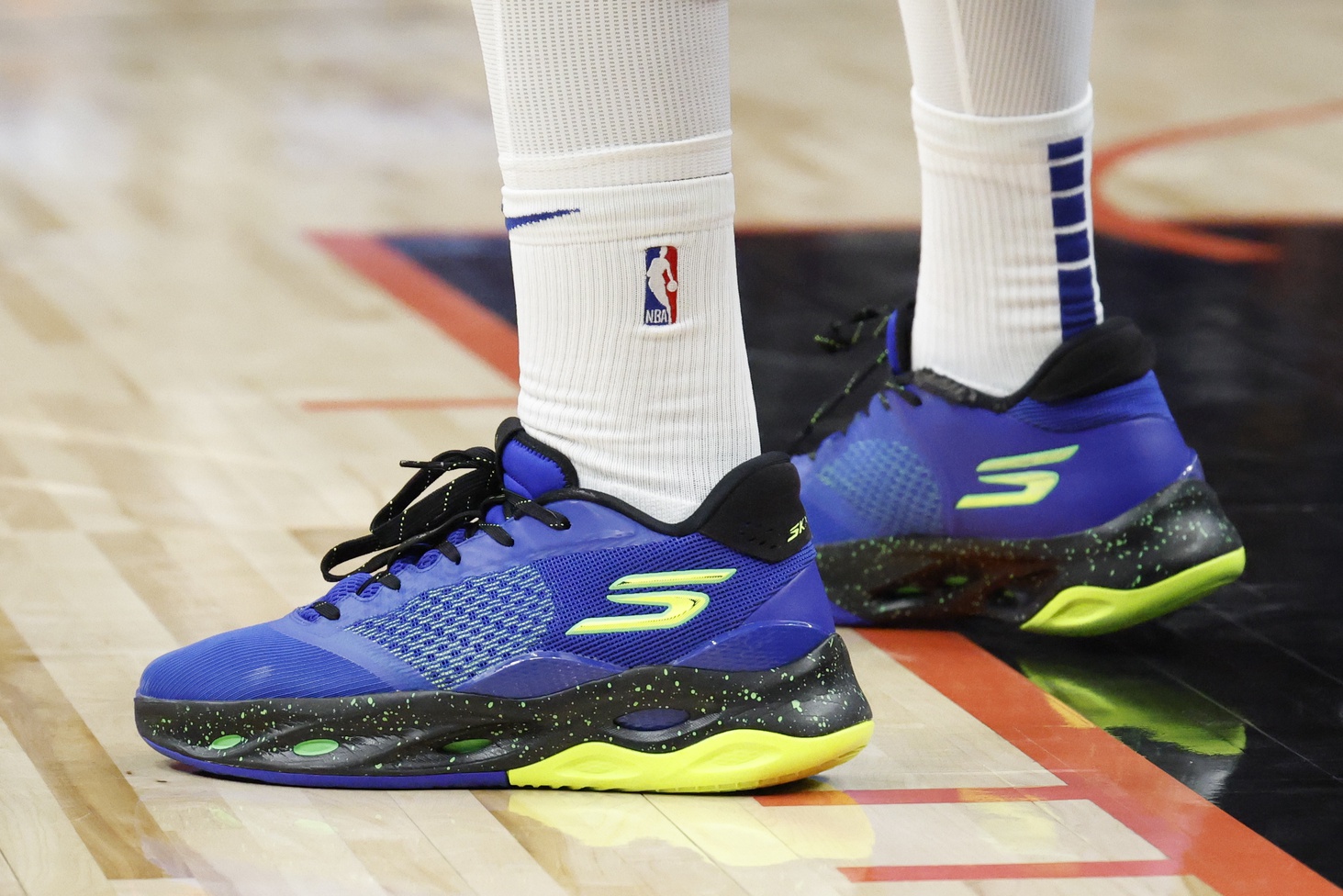
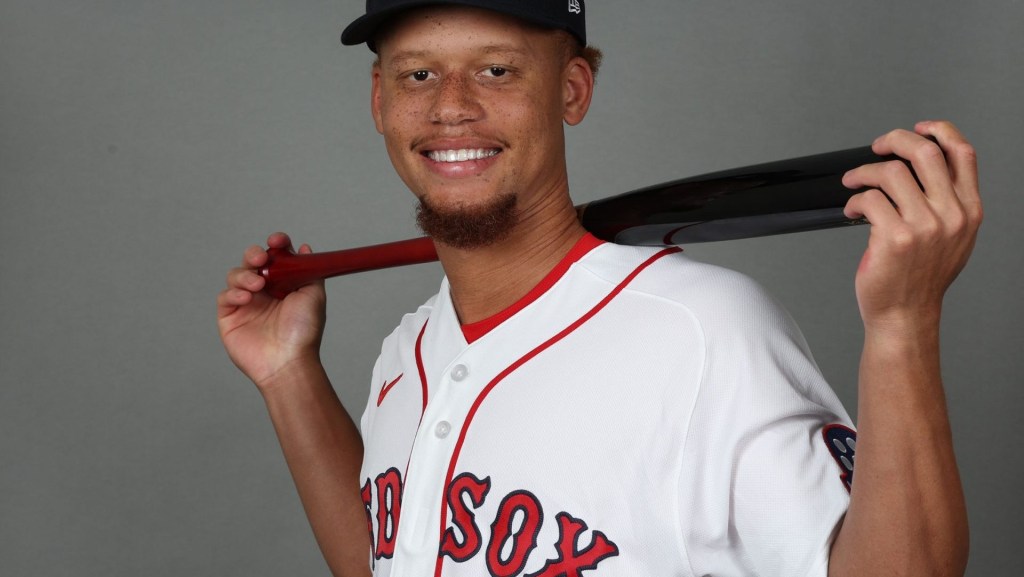
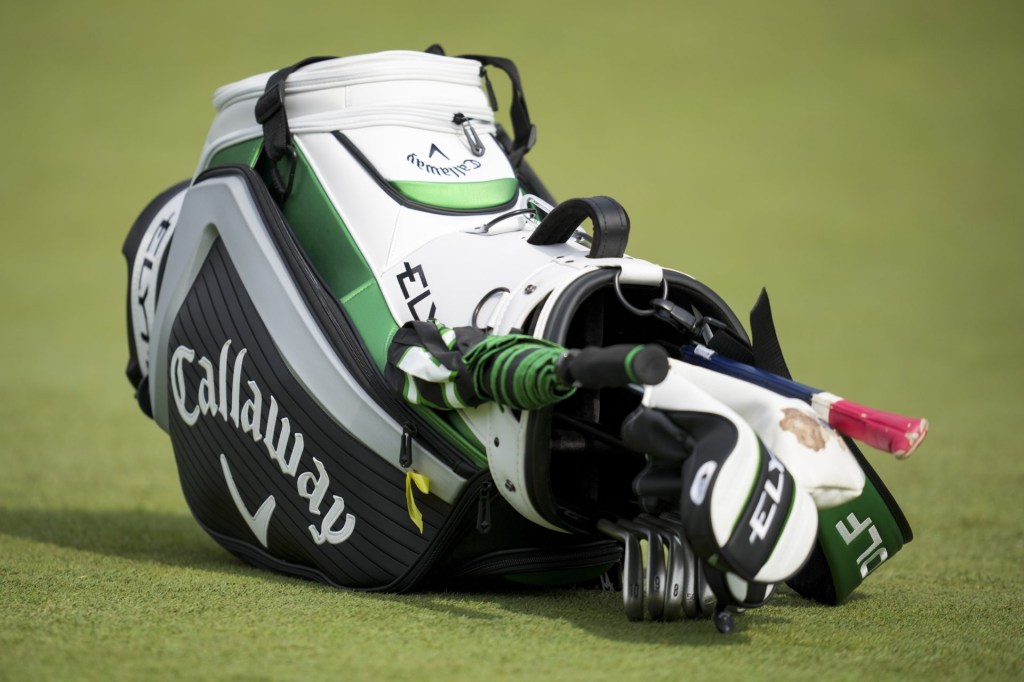
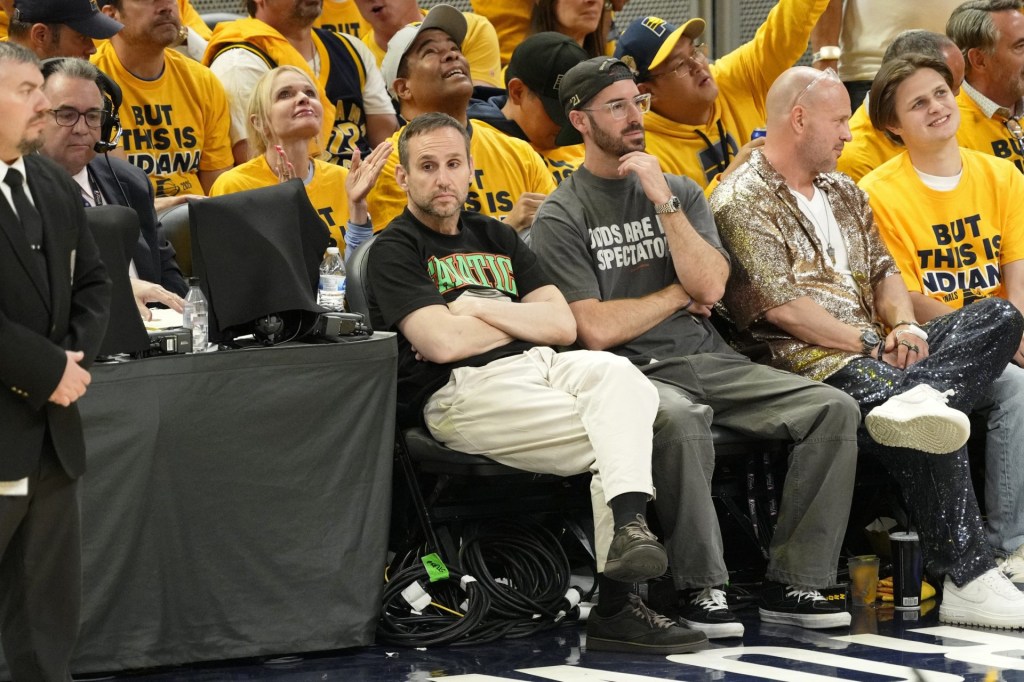

![[Subscription Customers Only] Jul 13, 2025; East Rutherford, New Jersey, USA; Chelsea FC midfielder Cole Palmer (10) celebrates winning the final of the 2025 FIFA Club World Cup at MetLife Stadium](https://frontofficesports.com/wp-content/uploads/2026/02/USATSI_26636703-scaled-e1770932227605.jpg?quality=100&w=1024)



